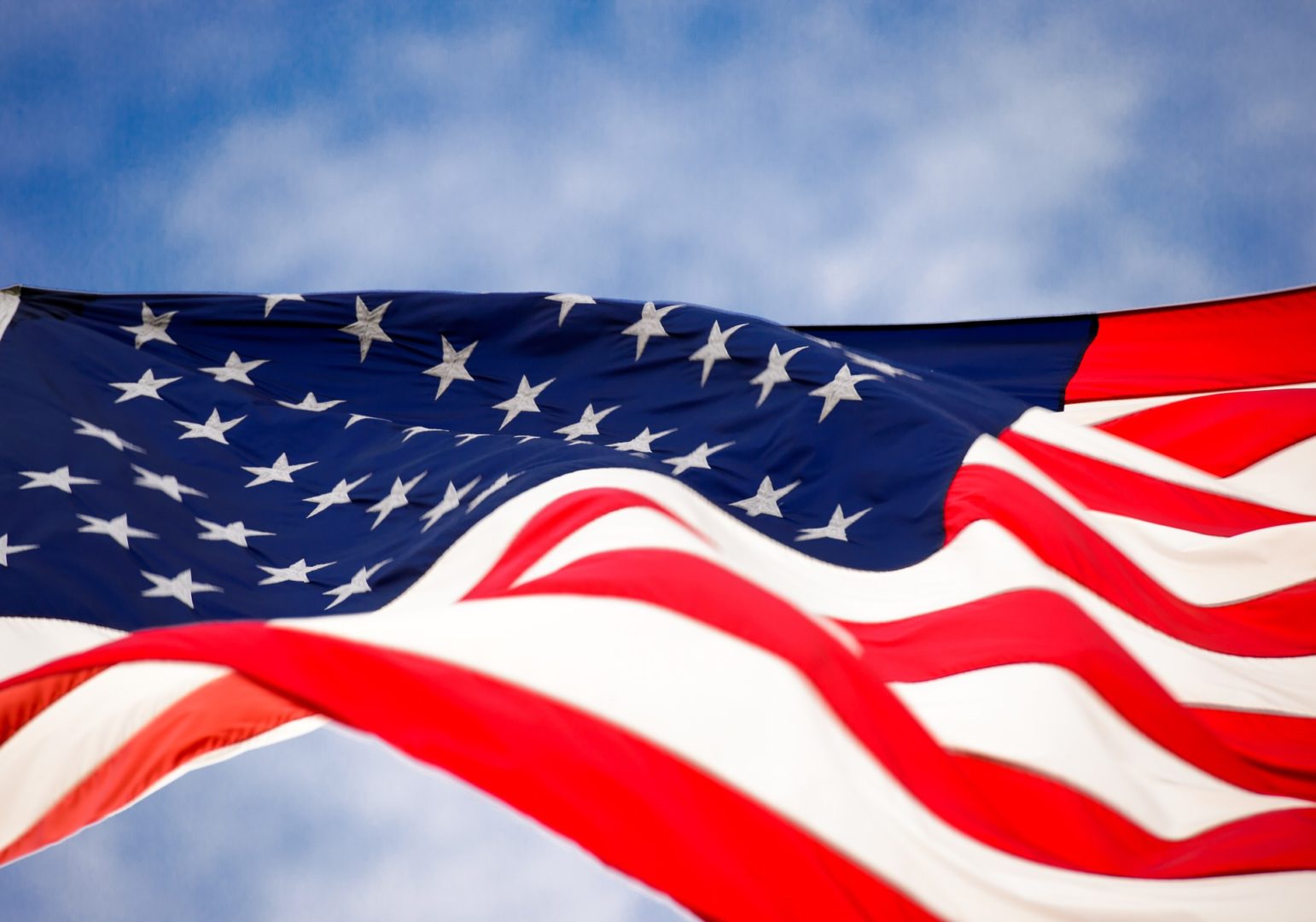Outside my window snow is falling peacefully, while elsewhere in the world falling bombs deliver payloads of destruction. And yet the forces of division that have driven men to bomb one another in foreign lands are not so far from our own shores.
Throughout American history we find ourselves arriving at inflection points requiring renewal of foundations of the nation we wish to be. Again and again, we’ve continued the uneven but steady ascent towards a more perfect union.
These days the words of my grandfather Angelo Paterno’s 1945 New York City speech are relevant again:
“The forces of intolerance and hate are on the march today. The seed of hate and discord is being sown all around us.”
If he was transported to 2024, what would he see now?
He’d see the seeds of discord being sown by the clever usage of social media. He’d see hatemongers both foreign and domestic creating cracks in the foundations of the ideals of “E Pluribus Unum.” He’d see candidates spewing the rhetoric of discordant division based on race and religion. He’d see rising antisemitism and Islamophobia.
He’d see the condemnation of people calling for a ceasefire being labeled antisemitic. He’d see people standing with Israel after the attacks of Oct. 7 being called genocidal. He’d see a headline in The Wall Street Journal “Welcome to Dearborn, America’s Jihad Capital” because of that city’s large Muslim community.
He’d see a nation of people talking at each other and not to each other.
In the late 1990s I read the incredible book “Snow Falling on Cedars” by David Guterson. The novel is set in a remote part of Washington in the days just after World War II. The central plot includes a murder trial of a Japanese man accused of killing a white man.
In the closing argument, defense attorney Nels Gudmundsson was fighting racial mistrust to appeal for understanding to allow justice. He states to the jurors: “as an older man I am prone to ponder matters in the light of death in a way that you are not. And what I see is the same human frailty passed from generation to generation.
“We hate one another; we are the victims of irrational fears. And there is nothing in the stream of human history to suggest we are going to change this.
“I merely wish to point out that in the face of such a world you have only yourselves to rely on. You have only the decision you must make, each of you, alone. And will you contribute to the indifferent forces that ceaselessly conspire towards injustice? Or will you stand up against this endless tide and in the face of it be truly human?”
When I read that book, I was under 30 and had not yet become a father. We lived in the pre-9/11 world of a prosperous “Pax Americana” era that seemed likely to go on forever.
Years later, as a father in my 50s who ponders his own mortality much differently, those words have a much stronger meaning. The words of a grandfather I never met ring true once again. How do we break the human frailty passed from generation to generation?
It requires open ears that not only hear but also listen. Recently Qatar Prime Minister Mohammed bin Abdulrahman bin Jassim Al Thani gave an interview to NPR and was asked about solutions in his part of the world: “If you want to replace an idea, you have to present a better idea.”
Presenting a better idea, a viable solution, is hard; continuing hate and conflict is easy. And as long as powerful men are willing to play on people’s fears and risk other people’s lives to hold onto the reins of power the cycle will continue.
It was Voltaire who stated, “Truly, whoever can make you believe absurdities can make you commit atrocities.” Believing absurdities dehumanizes others, allowing some to move from hate speech to violence.
Recent events show we are not immune to the contagion of man’s inhumanity to man. But rising antisemitism and Islamophobia and hate crimes are not a post-Oct. 7 phenomenon.
Americans marching in Charlottesville chanting “Jews will not replace us” and the mass shooting at a Pittsburgh synagogue were long before last fall. The racially motivated church mass shooting in Charleston and the anti-immigrant mass shooting in El Paso were long before Oct. 7.
A proposed Muslim travel ban was six years ago. The stoking of anti-immigrant fears was part of the 2016 election from the opening day. And we all know the term “immigrant” is aimed squarely at certain types of people.
There was a time when we sought out and responded to aspirational rhetoric and leadership aimed at unity not division. Today some of those claiming to be inheritors of the mantle of Reagan and his “Shining City on a Hill” ignore his very definition of that place:
“In my mind it was a tall, proud city built on rocks stronger than oceans, windswept, God-blessed, and teeming with people of all kinds living in harmony and peace; a city with free ports that hummed with commerce and creativity. And if there had to be city walls, the walls had doors and the doors were open to anyone with the will and the heart to get here.”
“People of all kinds living in harmony and peace” and “doors open to anyone with the will and heart to get here” are a far cry from what we hear now. Hatred and scapegoating are the addictive political fentanyl that will kill us all.
We stand at a time when forces of intolerance are on the march. We stand at a threshold where each of us alone has a choice to make. Will we choose to contribute to the indifferent forces of intolerance or stand against the endless tide and be truly human?



